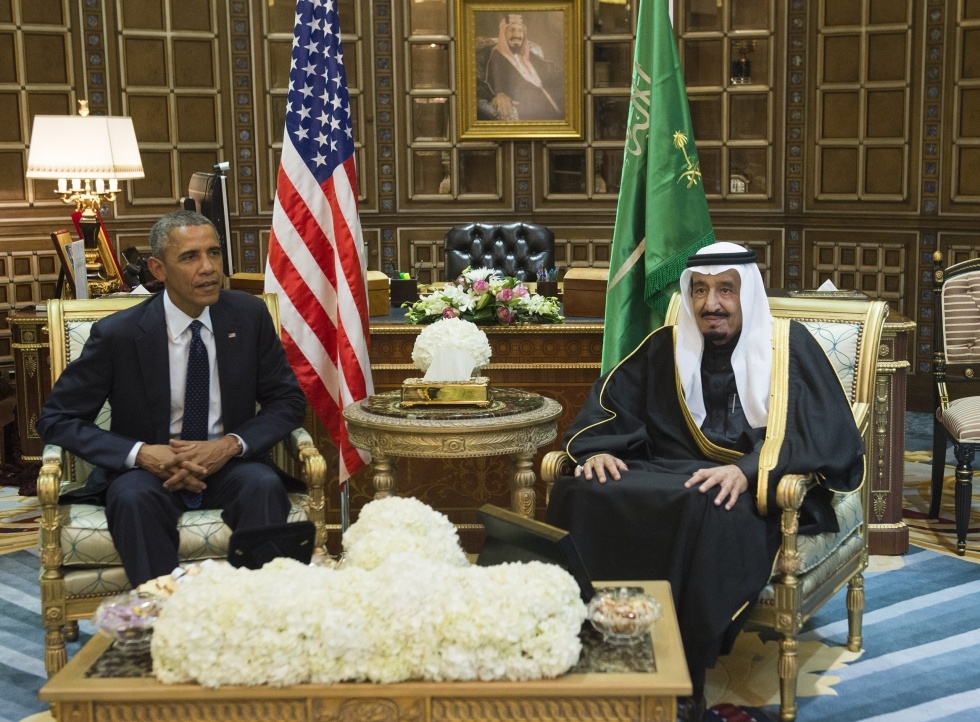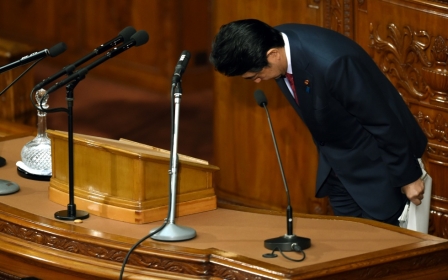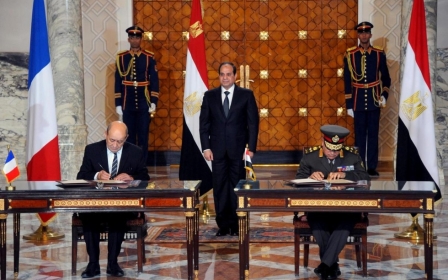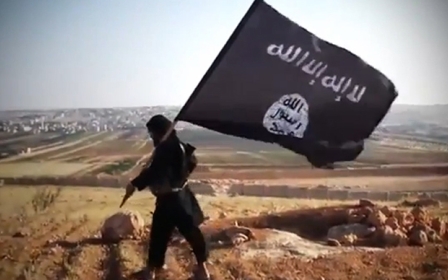International coalition against Islamic State hold talks in Riyadh

In a two-day closed meeting that began today in Saudi Arabia’s capital Riyadh, military chiefs from 26 nations convened to discuss the growing threat of the Islamic State (IS).
The meeting, which began on Thursday, is expected to discuss military strategy, challenges to ongoing operations, and ways to boost and coordinate general counterterror efforts in the region.
IS announced its statehood in the summer of 2014, after it successfully captured large territories across Syria and Iraq.
An international coalition, led by the United States, has responded by targeting IS with air strikes from above. The first campaign started on 8 August and is ongoing.
The coalition has been criticised as giving the US too much directive, as well as the belief that IS needs to be fought on all fronts, not just from the sky. But countries have ruled out sending any of their forces on the ground to battle IS, even as the group continues to carry out atrocities such as the recent mass beheadings of 21 Egyptian Christians in Libya.
A western diplomatic source, who asked for anonymity, told AFP that the military chiefs resolved that the best outcome was to strengthen the Iraqi army against IS.
“I’m confident that they are looking at a firm plan, a co-ordinated plan, to empower the Iraqi army,” the source said.
With “nobody” interested in putting ground troops into the country, strengthening Iraq’s 200,000 strong army against about 30,000 IS fighters remains the best option, he said.
US officials say that the Iraqi government army is being trained and armed to stage a major counter-offensive later in 2015. In the meantime the international coalition is using air raids to pressure IS supply lines.
While western nations such as France, Britain, Canada, Belgium, and Australia alongside the US have all bombed IS in Iraq, the Arab countries in the coalition such as Jordan, Saudi Arabia and Bahrain have participated in air strikes over Syria.
“I think Syria is somewhat on the back burner now,” the source said. “The first thing is, you have to clear the house in Iraq.”
He said he did not expect any dramatic change in coalition strategy from the Riyadh meeting.
American commanders have placed a top priority on pushing back the extremists in Iraq, while warning it could take years before a moderate Syrian rebel force is ready to make headway against IS fighters in Syria.
In December, Germany announced it would send 100 soldiers to northern Iraq to train Kurdish peshmerga fighters battling IS.
The official Saudi Press Agency said the 26 participating nations at the Riyadh talks “aim to reach measures serving international and regional security”. Four similar meetings have occurred in other countries, SPA said.
The rise of IS in Libya has raised regional concern and was also expected to be discussed, the diplomatic source said.
On Monday, Egypt carried out its first announced military action against IS in neighbouring Libya, following the beheading of the Christians, most of whom were Egyptian.
New MEE newsletter: Jerusalem Dispatch
Sign up to get the latest insights and analysis on Israel-Palestine, alongside Turkey Unpacked and other MEE newsletters
Middle East Eye delivers independent and unrivalled coverage and analysis of the Middle East, North Africa and beyond. To learn more about republishing this content and the associated fees, please fill out this form. More about MEE can be found here.




